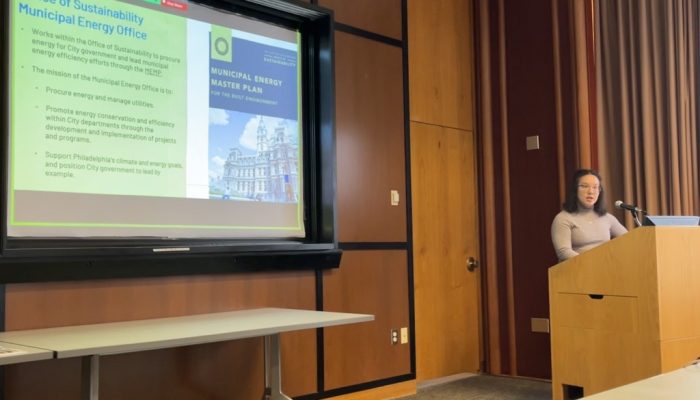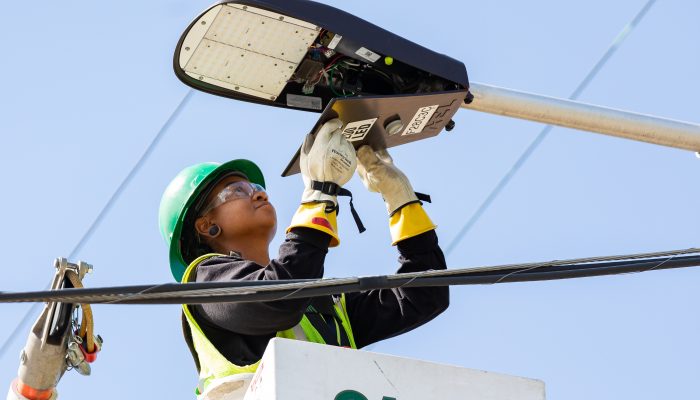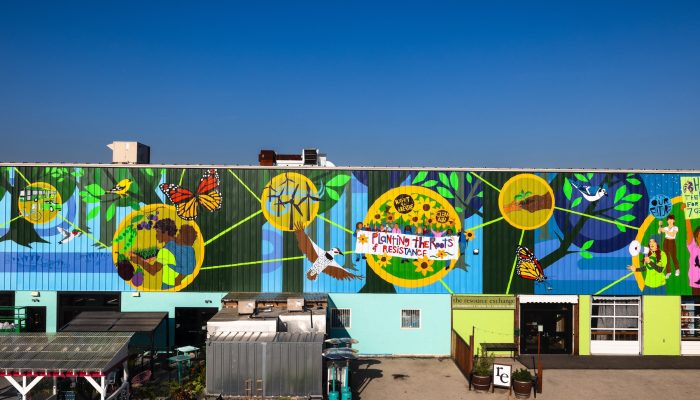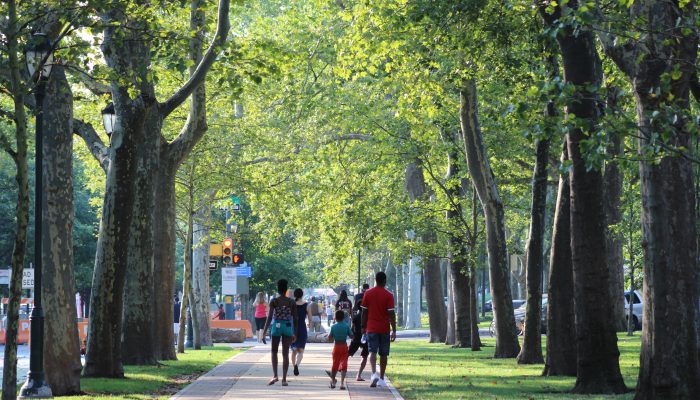Since the release of the Municipal Energy Master Plan in 2017, the City has progressed towards goals to reduce energy use by 20% and carbon emissions by 50% by 2030. One of the key drivers of this progress has been the implementation of large-scale projects under Pennsylvania’s Guaranteed Energy Savings Act (GESA), which are paid for by resulting cost savings generated from energy efficiency improvements. This budget-neutral approach, demonstrated successfully through the first Quadplex Project (2015) and the Philadelphia Museum of Art Project (2020), has already saved the City $2.2 million in annual costs and reduced carbon emissions by over 10,000 metric tons annually. The ongoing Philly Streetlight Improvement Project is estimated to save the City an additional $5.4 million annually and reduce an additional 15,000 MTCO2e each year.
Building upon these successes, the City, in partnership with the Philadelphia Energy Authority (PEA), has issued a Request for Proposals (RFP) for a new GESA project encompassing 14 City buildings. This project will be targeting the four high energy use buildings that make up the Quadplex – City Hall, the Municipal Services Building, One Parkway Building, and the Juanita Kidd Stout Center for Criminal Justice – in addition to seven health center facilities and three homeless services facilities.
This will be the second GESA project implemented at the Quadplex facilities, which will provide an opportunity to supplement the energy conservation measures from the first GESA and further strengthen the energy performance of some of the City’s largest facilities.
On the other hand, this will be the first GESA project conducted at health and homeless services facilities, which serve critical functions as hubs for a wide range of health and community services for many Philadelphians. As the impacts of climate change intensify, it is more imperative than ever to prepare City facilities for conditions such as extreme heat and flooding, to prevent service disruptions. The City intends to address many needed upgrades at these facilities that can strengthen the capacity to withstand future climate-related emergencies.
To achieve this vision, the City and PEA are requesting proposals that will comprehensively address the following project goals:
- Reduce the overall costs and risks related to the City’s energy and water use.
- Reduce carbon emissions through energy efficiency to help meet the City’s climate and energy goals.
- Improve coordination, reliability, and operating efficiency of the buildings.
- Improve indoor comfort and air quality for building occupants and Philadelphians utilizing City services in these facilities.
- Improve the durability and resilience of City assets by addressing fundamental and capital needs of the buildings and making investments in energy technologies and approaches such as solar, storage, and “hardening” of mechanical equipment.
- Enhance PEA’s and the City’s efforts in pursuing sustainable and modern technologies.
- Provide a robust opportunity to maximize employment of Philadelphia-based businesses and Philadelphians with an emphasis on MBE, WBE, and DBSE companies and a diverse workforce.
- Optimize opportunities for the City to receive available federal and utility incentives.
In alignment with City contracting requirements, all project proposals must include an Economic Opportunity Plan, outlining evidence of Best and Good Faith Efforts to provide subcontracting opportunities for M/W/DBSEs in all phases of the project and to employ a diverse workforce.
Respondents must submit their responses electronically to gesa@phila.gov no later than Friday, Feb. 9, 2024.




